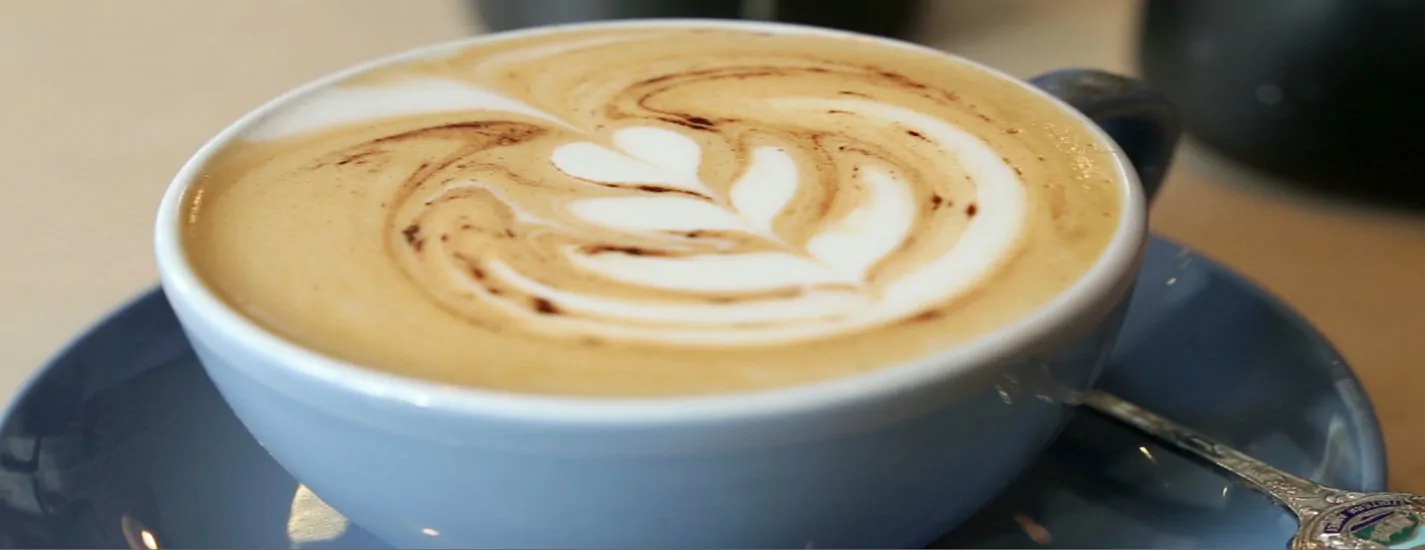
How is the high street sales crash impacting small retailers?
18 Apr 2017The decline in high street sales deepened throughout October as British consumers cut back their spending on non-food items, thus recording the biggest collective fall in sales since 2011, according to the British Retail Consortium.
Total non-food sales fell by 2.1 per cent in October compared to a year ago, the worst performance since the British Retail Consortium and KPMG began their sales monitor report in 2011.
This dragged down overall UK retail sales, which fell by 1 per cent annually on a like-for-like basis, and by 0.2 per cent on a total basis. This marks the lowest growth since May and is well below the quarterly and annual averages of 1.7 per cent and 1.5 per cent respectively.
Impact on independent retailers
Unfortunately, small or independent retailers are not unaffected by this drop in consumer spending. As tough as it is for high street stores, however, small retailers can survive this crash.
High business rates, expensive parking on the high street, the rise of out of town retail parks — it is easy to blame outside factors for the current problems in the retail sector. And it's true that crippling business rates based on high pre-recession property valuations are squeezing retail margins.
However, the biggest challenge facing retailers of all sizes is that consumer habits are changing dramatically. And although more of us are browsing and shopping online, it's not as simple as a straight shift from high street to e-commerce.
According to the Centre for Retail Research, just 15.2% of all UK retail sales are made online. But that's not entirely the point. Get in touch with one of our Business Development experts to see how Accounts and Legal can help you beat the crash, or get an Instant Quote and we will contact you shortly.
Household finances under pressure
“Real consumer spending power has been on a downward trend in the last year as the acceleration in inflation has caused shoppers to become ever more cautious in considering what purchases they can afford,” said Helen Dickinson, chief executive of the British Retail Consortium.
“Many now face higher borrowing costs, given the rise in interest rates, which will only serve to heap further pressure onto household finances,” she added.
Even online sales growth of non-food products has halved compared to the seen quarterly and at an annual level – in October it was 4 per cent, compared to averages of over 8 per cent. It was also the lowest since records began at the end of 2012, the report said.
Food and grocery sales were the only category to remain buoyant, rising by 2.4 per cent on a like-for-like basis and 3.7 per cent on a total basis.
‘Overall growth online was lacklustre at best, although health and beauty products continued to stand out as a strong performer,’ said Paul Martin, head of retail at KPMG.
“The burning questions for retailers will be whether shoppers are holding off their purchases until Black Friday, and whether retailers can recover from this month’s poor performance to end the year on a high.”
Martin also noted clothing sales were particularly hard hit.
“After a brief uptick, fashion sales reverted back to the dreary theme we have seen for a number of months this year. Unseasonably warm weather last month will not have helped, but this is unlikely to be the only reason the new ranges are proving unpopular,” he added.
The Bank of England raised interest rates last week to 0.5 per cent, the first hike since 2007, although really it was just a reversal of the 0.25 per cent cut in August last year after Brexit. Nonetheless, Martin predicts the change will have a negative impact on high street sales.
“With the Bank of England’s interest rate decision seeing the first hike in ten years, we are likely to see a continuation of the sector's slow-down, with consumers having less disposable income to spend,” he said.
Black Friday will be the next big indicator as to whether or not consumers have actually tightened their belts. As high street sales continue to fall at their fastest rate since 2009, large chains like Next will continue to fire warning shots over the health of the high street in the run-up to Christmas.




















